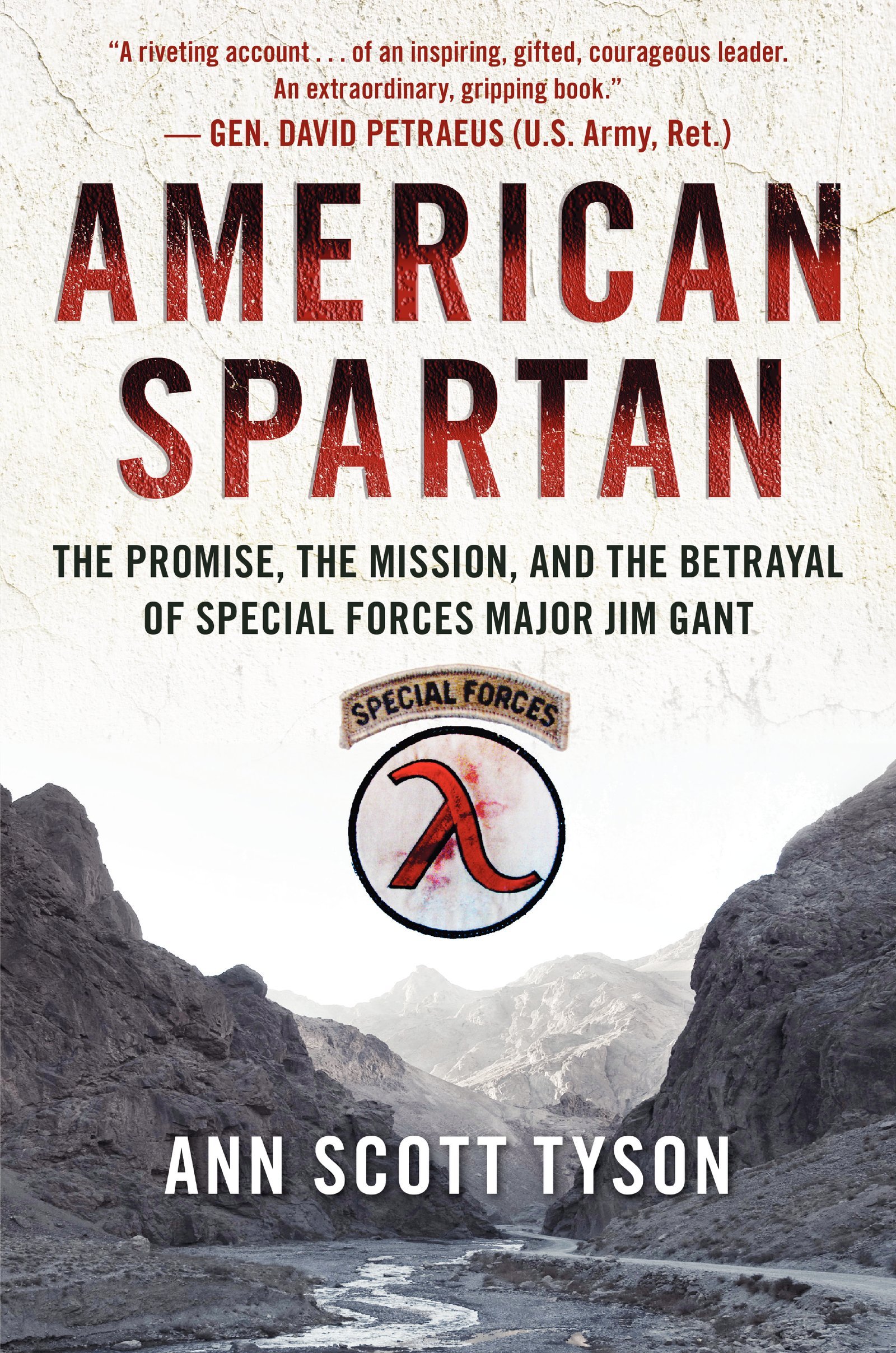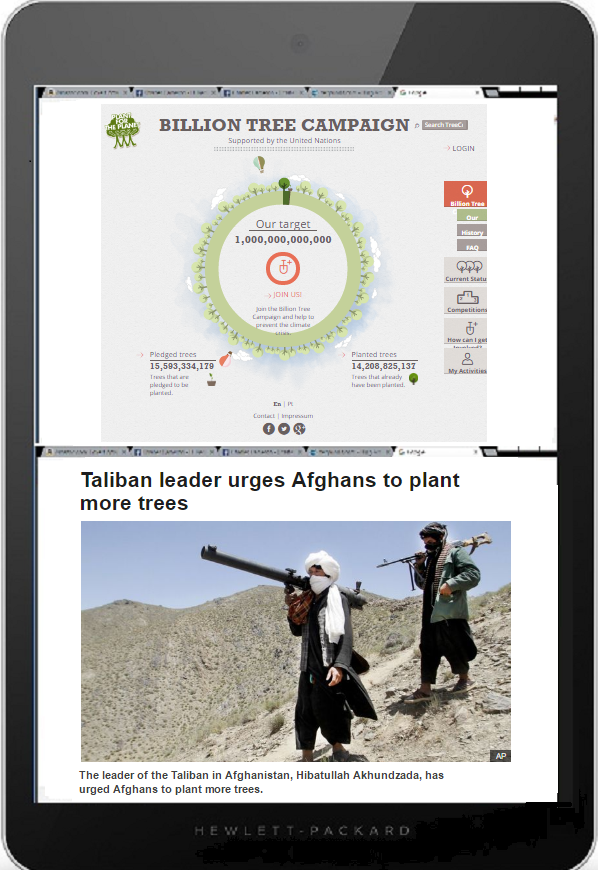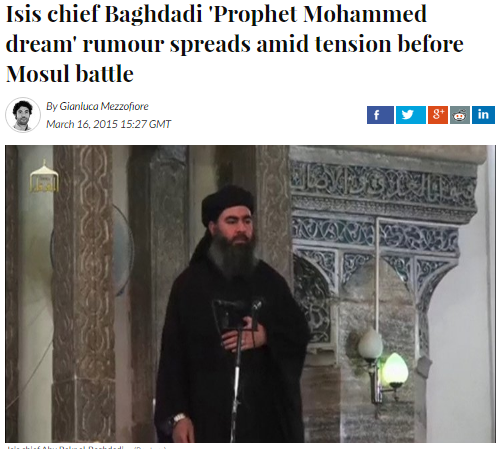[Mark Safranski / “zen“]
Charles Cameron helpfully tipped the news last week in our comment section, but I wished to give this update the prominence friends of zenpundit.com deserve. American Spartan has been re-released and you can get it from now until July 31, American Spartan is available for $1.99 at BookHub

For those who need a re-cap, long time readers will recall Major Jim Gant coming to wider attention with his paper, One Tribe at a Time with an assist from noted author Steven Pressfield, where he called for a campaign strategy against the Taliban from “the bottom up” using “the tribes” because the current top down strategy of killing insurgents while building a strong, centralized, state would never work – the war would just drag on indefinitely until the US grew tired and quit Afghanistan. Gant forged a tight relationship with Afghan tribal leader Noor Azfal ,won some fans with his paper in very high places, including SECDEF Robert Gates and Generals Stanley McChrystal and David Petraeus who gave him some top cover to implement his ideas but Gant also faced formidable resistance and criticism from Afghan government officials, parts of the ISAF chain of command and academics unhappy with Gant’s conceptual emphasis on tribalism.
Here is an excellent review of American Spartan by Doyle Quiggle in The Marine Corps Gazette:
Whether from Plutarch or Zack Snyder’s 300, we all know the command, “Come back with your shield—or on it.” Special Forces MAJ Jim Gant, USA, came back with his shield, but, like his soul, it’s as mortar-pocked as the face of the moon. The narrator of Gant’s Spartan tale is his lady, a word used with chivalric respect. Ann witnesses, validates, and, by writing this book, binds up the many wounds Gant suffered to mind, body, and soul in Iraq and Afghanistan, an act of healing she began in her home in Maryland, kicking Gant of his drug and alcohol habits to get him back into the fight. As Gen James N. Mattis recently lamented in Warriors and Civilians, true, unflinching acceptance of what warriors become through warfighting is rare. Ann’s narrative asks readers to muster a hard-nosed acceptance of Gant in the fullness of his sometimes brutal, sometimes compassionate (Afghans call this blend of virtues nangyalee) warrior soul.
A collaboration between a warrior and his woman, American Spartan provides an exemplary model for receiving the blood-tainted warrior back into the kill-shy civilian fold. The partnership itself, a cooperative, on-going translation of combat experience into a narrative for communal sharing, is a ritual of homecoming from war, a gift of acceptance that a non-killer, Ann, gives to a killer, Gant. Together, they offer military readership an enduring lesson about how to fight—in mind and battlespace—gray-zone war. With tooth-breaking honesty, Ann records Jim’s edgy mindset after his Iraq deployment:
He had sacrificed everything at the altar of war. War was, by then, all he really knew. He could not imagine a world where the people he had loved most had become strangers, and where—unlike in Iraq—his enemies were not trying to kill him, making them much harder to find and impossible to destroy.
Read the rest here.
I wrote in my own review of American Spartan:
The substance of the book, Gant’s implementation of his “One Tribe at Time” strategy among the Pashtuns and his rise and fall with the hierarchy of the US Army is more complicated and begs for deeper examination. Readers with knowledge of Afghanistan, the Army, American policy or some combination of the three will find nearly as much to read between the lines of American Spartan as they will in the text itself. It is fascinating, really, and the moral implications are deeply disturbing.
To summarize, American Spartan lays out a tragic paradox. My impression is that the tribal engagement strategy Gant championed would never have been permitted to succeed, even had he been a Boy Scout in his personal conduct; and secondly, even if tribal engagement had been fully resourced and enthusiastically supported, Gant himself would have self-destructed regardless. A Greek tragedy in a khet partug.
Gant has frequently been compared to the legendary Lawrence of Arabia and the fictional Colonel Kurtz. Interestingly, both of those figures died early and untimely deaths, having long outlived their usefulness for their respective armies. Major Gant is, fortunately, very much alive today which may be the only good outcome associated with his fall from grace. Given his predisposition for assuming heroic risks, taking battle to the enemy, chance hazards of war and Gant’s own struggle with PTSD, alcoholism and pills chronicled by Tyson, the bitter vendetta of Gant’s immediate superiors ironically may have kept him from also becoming Afghanistan’s John Paul Vann or Bernard Fall. Gant is not a Colonel Kurtz. That charge would be a slander; nor is he really T.E. Lawrence either, though that is a much better comparison. Gant had more bite to Lawrence’s bark and that was at least part of the equation in Gant’s success. The al-Saud and al-Rashid tribes and Turkish pashas did not fear Lawrence the same way Taliban commanders and rival Pashtun subtribes personally feared Jim Gant, whom one of his fiercest anthropologist critics called “very scary”. It was not only tea and beards, nor could it be.
Pick up American Spartan at BookHub today for $1.99!










